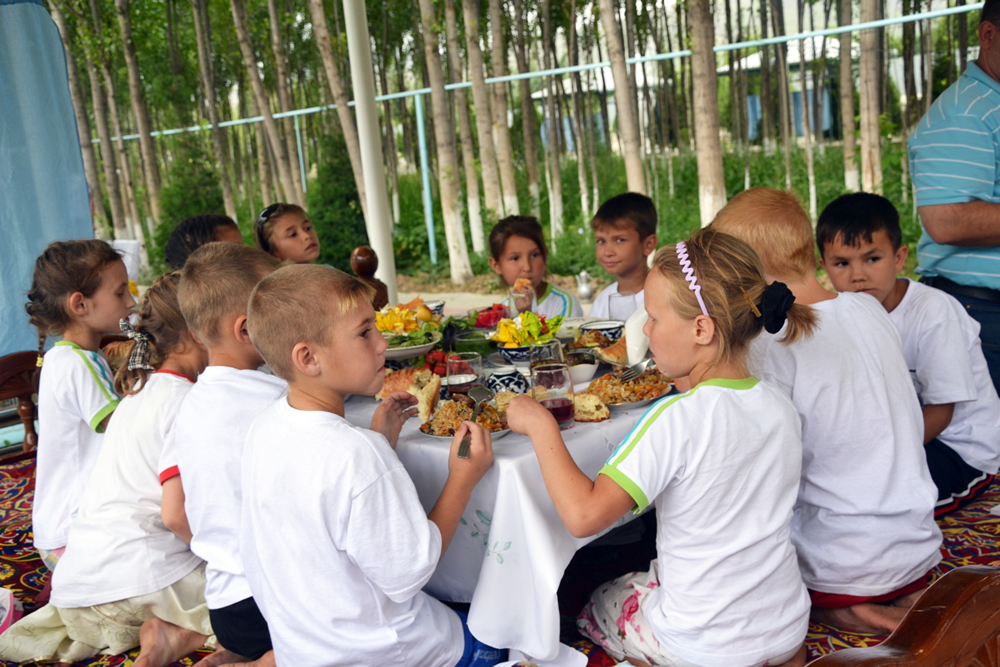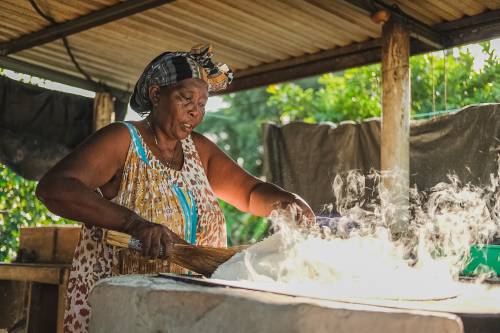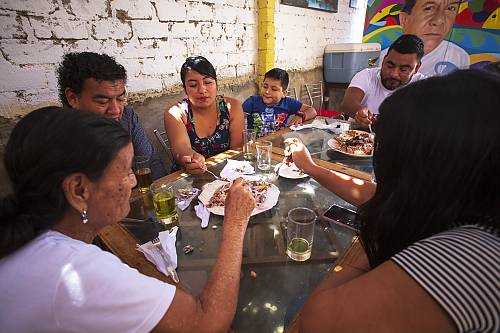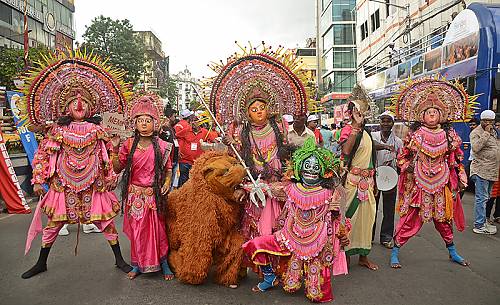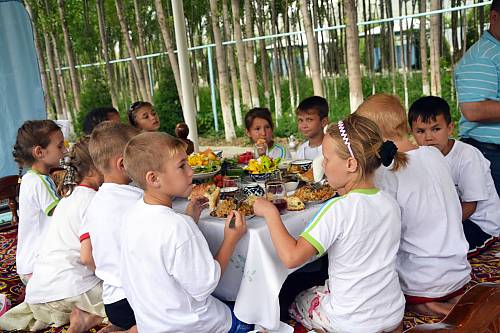Living heritage, and especially culinary traditions and foodways from all around the world, will be celebrated during the ‘Village International de la Gastronomie’ (International village of gastronomy), taking place in Paris, France from Thursday 1st to Sunday 4th September. Many actors from the public and private sectors are involved, alongside civil society associations and the Food and Agriculture Organization of the United Nations (FAO) which is the UN agency that leads international efforts on food security challenges. A multitude of inscribed elements related to Sustainable Development Goal 2 (SDG2) ‘Zero hunger’ are featured, contributing to the visibility of the Agenda 2030 and its intrinsic links with the 2003 Convention.
Living heritage and the importance of its safeguarding will be at the forefront of a series of events organized during this four-days event to highlight the diversity of living heritage of communities from 170 countries. The programme features elements of living heritage inscribed on the Lists of the 2003 Convention such as: ‘Ancient Georgian traditional Qvevri wine-making method’, ‘Arabic coffee, a symbol of generosity’, ‘Dolma making and sharing tradition, a marker of cultural identity’, ‘Palov culture and tradition’, ‘Knowledge, know-how and practices pertaining to the production and consumption of couscous’, ‘Gastronomic meal of the French’ and ‘Culture of Ukrainian borscht cooking’.
A roundtable titled ‘Les Patrimoines Alimentaires de l’UNESCO’ (Culinary cultures at UNESCO) is taking place on Friday 2nd September, with the participation of Mr. Ernesto Ottone Ramirez, UNESCO’s Assistant Director-General for Culture.
Other inscribed elements will be celebrated thanks to the participation of communities, notably Flamenco and Silat.
The full programme is available online.
